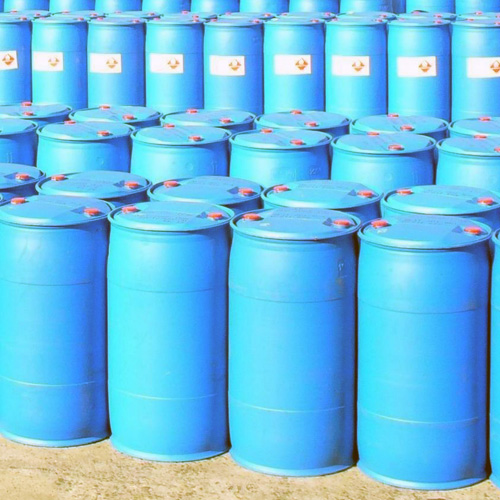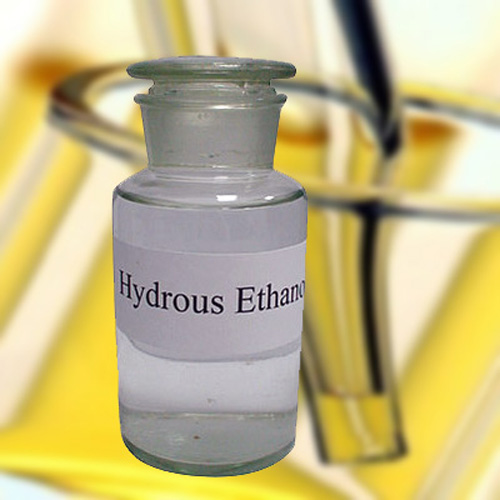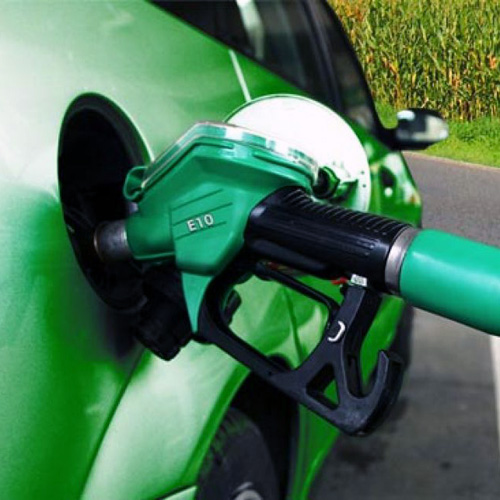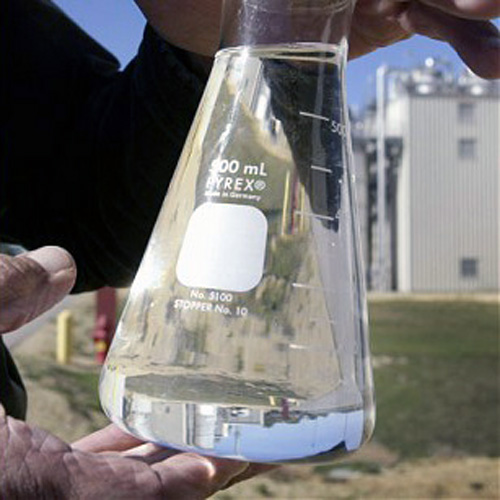
Ethanol Công Nghiệp
Ethanol công nghiệp là loại ethanol được chuẩn hóa theo các tiêu chuẩn về độ tinh khiết hóa học hoặc các đặc tính kỹ thuật. Ethanol công nghiệp có nhiều ứng dụng quan trọng, bao gồm:
- Sản xuất dược phẩm
- Mỹ phẩm và sản phẩm chăm sóc cá nhân
- Chất tẩy rửa và các sản phẩm làm sạch
- Mực in
- Sơn và lớp phủ bề mặt
- Nước rửa kính và dung dịch chống đông cho ô tô
- Chất khử trùng và các ứng dụng y tế khác
- Sản xuất các hóa chất trung gian quan trọng, chẳng hạn như polymer và nhựa
Các ngành công nghiệp này và nhiều ngành khác phụ thuộc vào ethanol công nghiệp để đảm bảo an toàn, tiện lợi và mang lại sự thoải mái cho cuộc sống hàng ngày của người tiêu dùng.
Edible alcohol is a colorless, transparent solution of ethanol or a mixed solution of water and ethanol that is produced through the filtration and refined distillation of sugarcane and cassava. Edible alcohol is an organic product used in various industries to produce a wide range of other products including alcoholic drinks, cleaning solvents…
Hydrous ethanol is the most concentrated grade of ethanol that can be produced by simple distillation, without the further dehydration step necessary to produce anhydrous (or dry) ethanol. Hydrous ethanol (also sometimes known as azeotropic ethanol) is typically from 186 proof (93% ethanol, 7% water) and 192 proof (96% ethanol, 4% water)
Ethanol fuel is ethyl alcohol, the same type of alcohol found in alcoholic beverages. It is most often used as a motor fuel, mainly as a biofuel additive for gasoline. The first production car running entirely on ethanol was the Fiat 147, introduced in 1978 in Brazil by Fiat. Nowadays, cars are able to run using 100% ethanol fuel or a mix of…
Anhydrous ethanol means an ethyl alcohol that has a purity of at least ninety-nine percent, exclusive of added denaturants, that meets all the requirements of the American Society of Testing and Materials (ASTM) D4806, the standard specification for ethanol used as motor fuel. Click to read more about Anhydrous Athanol





